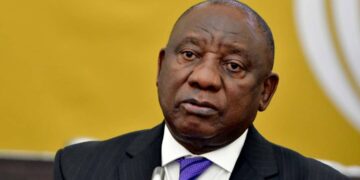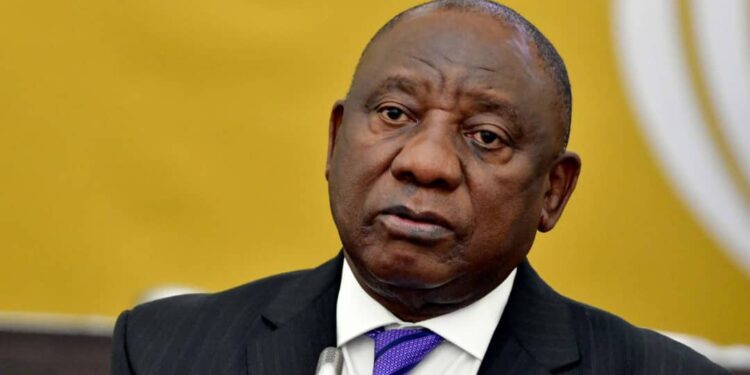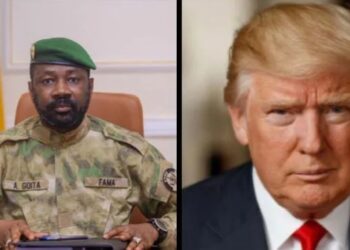By Lucy Adautin
South African lawmakers are set to elect a president on Friday, following their swearing-in at the first Parliament session.
This session will unveil the unity government formed by the African National Congress (ANC) after losing its majority for the first time since 1994.
Lawmakers will also choose the new speaker and deputy speaker, with decisions influenced by ANC-opposition negotiations after the recent election results.
Parties face pressure to conclude negotiations by Thursday to meet the constitutional requirement to swear in lawmakers and elect the president within 14 days of declaring election results.
The African National Congress secured 40% of the national vote in the country’s highly contested elections, followed by the Democratic Alliance with just over 21%, and the newly formed uMkhonto weSizwe Party with about 15% of the vote in their first elections.
The ANC has decided to form a national unity government that includes most political parties that contested the elections, rather than a straightforward coalition with a few parties.
However, initial negotiations have exposed deep divisions between South Africa’s political parties, with some already rejecting the proposed unity government while others have agreed to participate.
The ANC’s national executive committee, the party’s highest decision-making body between conferences, will meet in Cape Town on Thursday to finalize agreements made with other parties and will make an announcement afterward.
On Wednesday, the Inkatha Freedom Party, which secured 3.85% of the vote, confirmed its decision to join the national unity government led by the ANC. The party also began negotiations to form a coalition with the ANC and the Democratic Alliance in the KwaZulu-Natal province, where the MK Party received the most votes.
“We will participate in the government of national unity for the sake of our country and for the sake of our people, who want life to continue with a stable government that will address their challenges,” said IFP president Velenkosini Hlabisa.
The MK Party, despite its strong performance in the recent elections, has refused to join the unity government and tried to stop the first parliamentary sitting. The Constitutional Court dismissed the party’s application to prevent the sitting, allowing it to proceed. The MK Party disputes the election results, citing vote-rigging, and announced that its 58 elected lawmakers will boycott the session.
South Africa’s constitution requires only one-third of Parliament’s 400 lawmakers for a quorum to elect the president. The independent electoral commission and observers have declared the elections free and fair. As the deadline for agreements approached on Thursday, tensions between the Democratic Alliance and the Economic Freedom Fighters remained unresolved.
The EFF refuses to join any arrangement involving the DA, accusing it of being anti-Black and opposing policies like black economic empowerment and land redistribution. This ideological divide suggests the ANC might form a national unity government without the EFF and the MK Party, which could also affect provincial coalition governments.




































